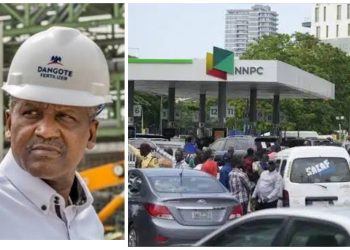Capital inflows into Nigeria decreased by 13.8% in November 2024 as they reached $1.63 billion while October 2024 reported $1.89 billion. The Economic Report of November 2024 by the Central Bank of Nigeria (CBN) shows that portfolio investments together with foreign direct investments (FDI) and loans contributed to the decline of $1.63 billion investment.
The CBN report shows that portfolio investments diminished in November to $1.36 billion compared to $1.41 billion in October because equity and share purchases had decreased.
The data revealed that FDI decreased to $0.12 billion during November while the previous month recorded $0.18 billion. ‘The other investments category including loans registered a monthly decline by reducing to $0.15 billion from $0.30 billion that October recorded.
Investors show increasing doubt about Nigeria’s macroeconomic stability because they observe declining capital inflows and unpredictable exchange rates and policy instability.
Investors took a conservative stance when investing through portfolios and making direct investments based on Nigeria’s policy environment and changing global economic factors.
The external reserves of Nigeria increased at a time when foreign investments were decreasing. The November 21 2024 external reserves reached $40.88 billion which represented an increase from the $40.06 billion reported in October 2024. This increase created a buffer amounting to 17 months of import cover.
The Monetary Policy Committee (MPC) at the CBN met during November 25 and 26 of 2024 to address economic developments. The MPC members made a decision to boost the Monetary Policy Rate (MPR) by 25 basis points which resulted in changing it from 27.25% to 27.50%. The committee took this action because they needed to solve inflation concerns and stabilize economic conditions when capital flow variations occurred.
Nigeria faces economic difficulties due to the downward trend of incoming capital resources. The economy suffers fundamental damage when foreign investments decline steadily because it weakens infrastructure development together with employment opportunities and overall productivity. The reduction in investor trust requires policymakers to deploy strategies which focus on increasing investor confidence levels.
The government should implement three key strategies that combine policy stabilization with business-friendly reforms and consistent currency stability.
The decline in capital inflows in Nigeria during November 2024 can be reversed through strategic policy measures and economic reforms which will establish favorable conditions for local and international investments.






